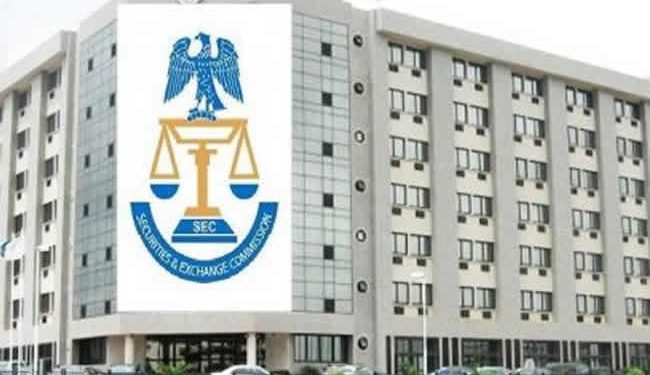The Securities and Exchange Commission (SEC) has described Islamic finance as a powerful driver of investment and a strategic tool for deepening financial inclusion in Nigeria and across Africa, with strong potential to boost access to capital for small businesses and emerging sectors.
Speaking at a joint press briefing in Abuja ahead of the 7th African International Conference on Islamic Finance (AICIF), scheduled to hold in Lagos on November 4 and 5, the SEC Director-General said the forum would help chart new directions for ethical and non-interest financial products as Nigeria’s capital market masterplan nears completion.
“This will not just be a routine conference. It is strategically positioned as we approach the conclusion of the Revised Nigerian Capital Market Masterplan (2021–2025) this December,” he said.
He noted that Nigeria’s non-interest capital market has grown significantly, now valued at N1.6 trillion, with Sukuk bonds as the dominant instrument. The most recent Sukuk issuance was oversubscribed by 700 per cent, a clear sign of strong investor confidence and growing appetite for ethical financial products.
The enactment of the Investments and Securities Act 2025, he added, has further strengthened the legal framework for innovation in non-interest finance. “This Act is a game-changer. It provides a robust statutory foundation for Sukuk and other non-interest instruments and empowers the SEC to register non-interest collective investment schemes, directly fulfilling the Masterplan’s goal of market development and innovation,” he said.
The upcoming Lagos conference will focus on unlocking capital for infrastructure projects, ethical investment in energy, agricultural financing, and the role of fintech in transforming Islamic finance. Promoting financial inclusion will be a central theme, with discussions aimed at creating innovative financial solutions tailored to the needs of emerging economies.
“The primary objective is to foster high-level collaboration that leads to policy harmonisation and the creation of innovative financial solutions. Promoting financial inclusion will cut across all our discussions. We expect actionable strategies that stimulate new investment flows, encourage product development, and inform future regulatory policy,” the SEC boss added.
The Chairman of the AICIF 2025 Planning Committee described the conference as one of Africa’s most significant platforms for advancing ethical finance and deepening investor confidence. This year’s edition will feature policy dialogues, technical sessions, and panel discussions on how non-interest finance can fund infrastructure and support real sector growth.
“Islamic finance is one of the fastest-growing segments of the global financial system. AICIF provides a unique platform to bring together policymakers, regulators, scholars, investors, and practitioners to shape its future on the continent,” she said, adding that the conference would also celebrate excellence and spotlight innovation.
For Nigeria’s micro, small, and medium enterprises (MSMEs), the growing momentum around Islamic finance represents an opportunity to access alternative sources of capital without the constraints of traditional interest-based financing. Non-interest products such as Sukuk, mudarabah (profit-sharing), and ijara (leasing) could help small businesses fund expansion, acquire equipment, and enter new markets while complying with ethical investment principles.
Beyond MSMEs, sectors like agriculture, energy, healthcare, and infrastructure, all crucial for job creation — stand to benefit from increased investment flows. With the Central Bank introducing new instruments earlier this year to deepen the non-interest financial market, the ecosystem for Islamic finance in Nigeria is expanding, creating more room for innovation and inclusion.
As Africa seeks sustainable pathways to growth, experts say Islamic finance could become a transformative force in bridging funding gaps, supporting entrepreneurship, and empowering small businesses to participate more actively in the continent’s economic growth story.










